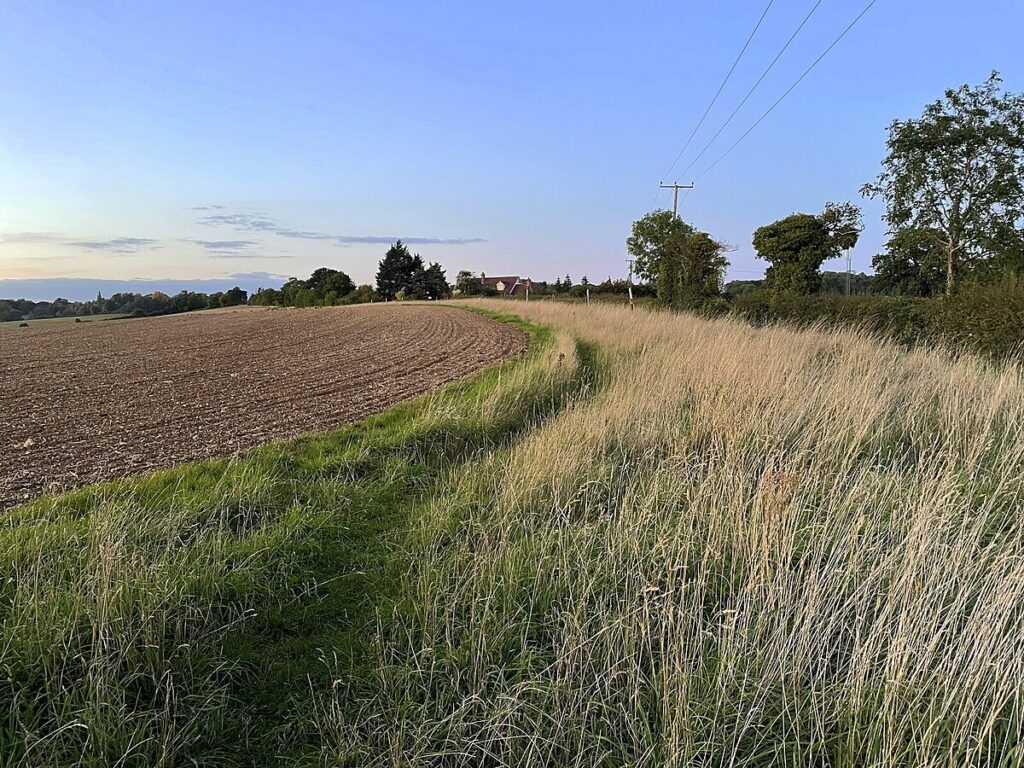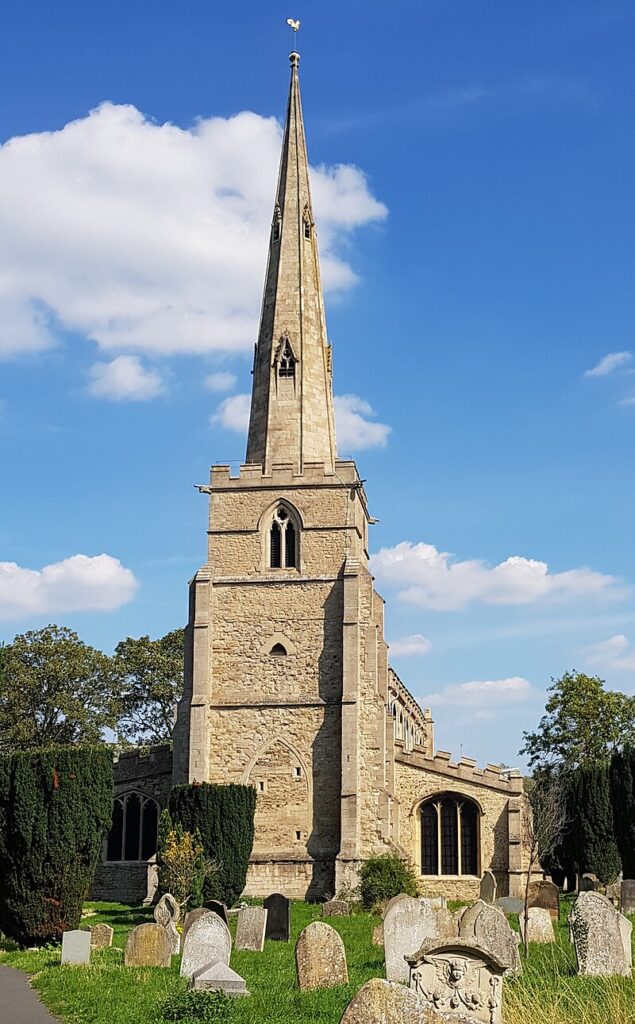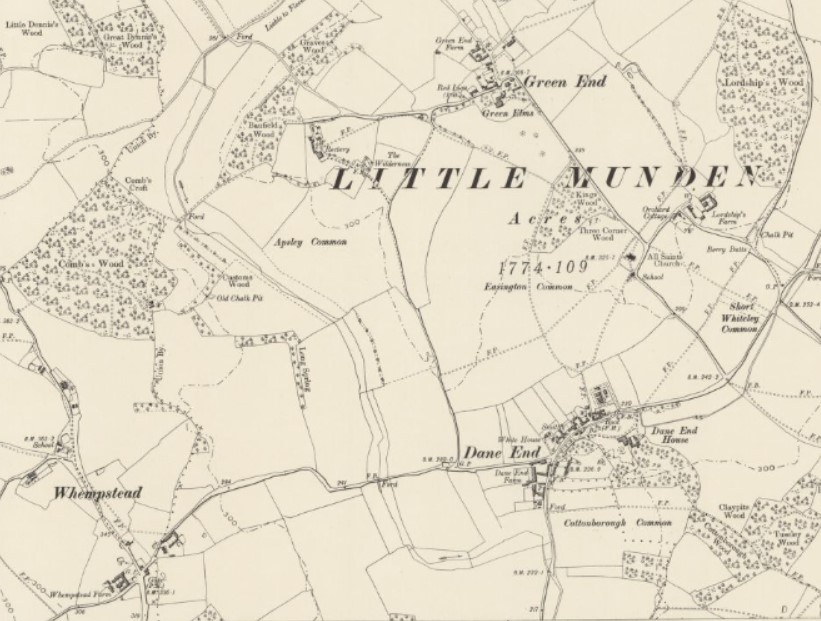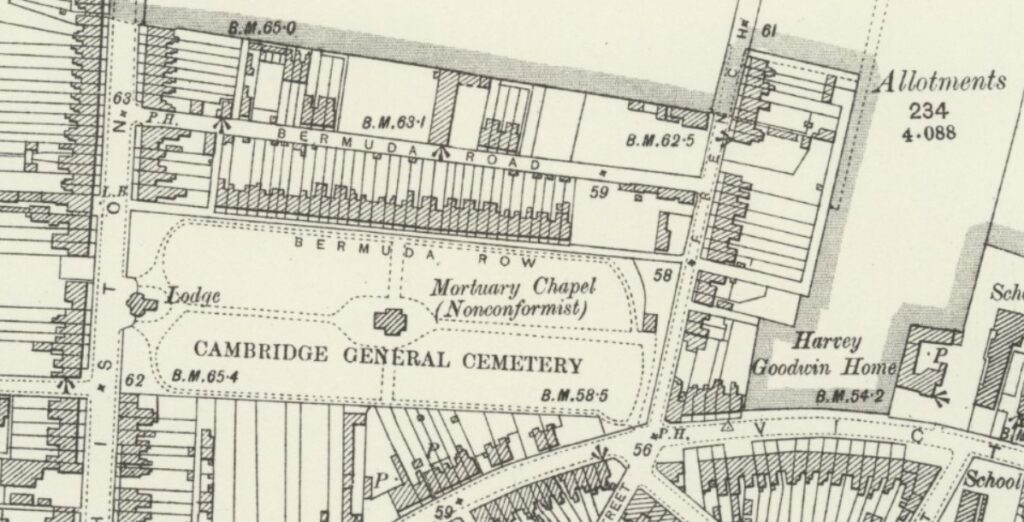Introduction
Solomon Jeffery had a long and active life. He was the son of William Jeffery, a farmer of Haselbury. After marrying in 1842, Solomon gradually improved his social status from farm labourer to tenant farmer, renting several farms at Hardington, Halstock and Corscombe. Following his second marriage, he briefly lived at South Petherton before relocating to Hertfordshire to live near his married daughter, Amelia. He worked until he was at least 75 and then retired to Cambridge.
Early life
Solomon was born in 1816 at Haselbury, the youngest of nine children born to William and Rose Jeffery. His father was a farmer who occupied premises in East Street in 1841. His mother passed away in 1836 at the age of 58.
Marriage
On 31 March 1842, Solomon married Matilda Nicholls, a shoemaker’s daughter, at North Perrott.
Early married life at Haselbury
The couple settled at Haselbury, where they lived for at least 24 years.
Solomon initially worked as a farm labourer, likely employed by his father. The Haselbury baptism register suggests that he remained a labourer throughout the 1840s.[1]
After his father’s death in 1850, Solomon became a farmer. The 1851 census recorded him as a farmer of 31 acres, residing in New Lane, Haselbury.[2] Over the following decade, he expanded his holding to 48 acres, farming with the help of one labourer from premises in North Street known as the “Traveller’s Rest,” which was probably a beerhouse.
While living at Haselbury, Solomon and Matilda had six children, although two died in infancy. The four who reached adulthood were Lavinia, Amelia, John and Solomon Bradford.
Hardington
In the mid-1860s, Solomon’s career suddenly took off when he became the tenant of White Vine Farm, Hardington. The 1871 census recorded him occupying 230 acres and employing two labourers and one boy. Since the farm belonged to the Hoskins family, they must have been convinced that he had sufficient capital, although no evidence of an inheritance has been found.
While they were living at White Vine, Solomon’s daughter, Lavinia, married Charles Osborne, a farmer, at Haselbury. The couple may have emigrated, as they have not been found in later records.
Halstock
In 1874 and 1875, Solomon was the tenant of Vale Farm, Halstock.[3] During that time, he let a dairy to a man named Sweeting, which resulted in a legal dispute.[4]
Corscombe
After leaving Halstock, the family moved to Corscombe.
In February 1877, Solman’s name appeared in newspaper accounts of a sensational murder trial at Yeovil in which three poachers were charged with the willful murder of PC Cox four months earlier. A Haselbury labourer testified that he had seen a man on 17 November 1876 riding a horse along a road close to where a bludgeon was later found in a stream. Although he did not know the man, he recognised the horse as one that George Hutchings had purchased from Solomon Jeffery more than twelve months earlier. [5]
Later that year, Solomon’s name appeared in print again, this time for a minor offence. In October 1877, an Excise official visited his farm at Corscombe and discovered he had a dog without a licence. Despite Solomon’s claim that the dog belonged to his son, the Beaminster magistrates fined him 25s. [6]
April 1878 was a month of both joy and grief. On 7 April, Amelia married John Saunders, a farmer’s son of Halstock. A few weeks later, Solomon’s wife passed away at the age of about 56.[7]
Nine and a half months later, Solomon married Sarah Newland, a widow thirteen years his junior, at Corscombe church. Little is known about her, except that she was born at Harlow in Essex.
South Petherton
By 1880, the family had moved to Moor Farm, Petherton. The 1881 census recorded Solomon as a farmer of 82 acres, employing two men and one boy.
Solomon may have been short of money at this time; on Christmas night 1880, a rick of straw worth £14 was destroyed by fire. The loss was covered by insurance, and the timing suggests it may have been insurance fraud.[8]
His stay at Moor Farm was short, and he held his farm sale on 20 September 1881.[9] The family then relocated to Hertfordshire, where John became a master brewer in the town of Ware.
Little Munden, Hertfordshire
By 1882, Solomon was farming in partnership with his son-in-law, John Saunders, at Green End Farm, Little Munden, Hertfordshire. After the partnership was dissolved in 1883, John Saunders moved to Tanworth in Arden, Warwickshire, while Solomon remained at Little Munden.[10]
Retirement and death
By April 1901, Solomon had retired to Chesterton, a suburb of Cambridge, where he lived at 2 Bermuda Row. He died there on 21 March 1911, at the age of 94, leaving an estate valued at £807. His widow died in 1918 at the age of 88.
Children
Circa 1843-Matilda (died in infancy);
1845-Lavinia (married Henry Osborne, a farmer’s son, in 1871; then disappears from the records);
1848-Henry (died in infancy);
1856-Amelia (married John Saunders of Halstock in 1878, after which she and her husband kept the Anchor Inn at Stoke Abbott in Dorset and then occupied farms at Little Munden in Hertfordshire and Tanworth in Arden, Warwickshire);
1859-John (became a master brewer at Ware, Hertfordshire);
Circa 1866-Solomon Bradford (became a grocer and later insurance agent in Selly Oak, Birmingham).
The will of Solomon Jeffery
Executors and trustees: my son, Solomon Bradford Jeffery and James Gould of 13 Castle St, Cambridge.
To James Gould: £5 for his trouble in acting as trustee.
To my wife: my household furniture and effects, and all my other personal estate absolutely, subject to the payment of £5 to James Gould and of all my just debts and expenses.
To my trustees: my real estate upon trust after the payment of fire insurance, repairs and collection of rents to permit my wife to receive the balance of the said rents and profits during her life and upon her decease upon trust as to my four freehold houses in Alpha Road, Chesterton, for my said son, Solomon Bradford Jeffery, his heirs and assignees and as to the remainder of my real estate upon trust to convert into money in trust for the children of my daughter, Amelia Saunders as tenants in common to be paid to them on their respectively attaining 21.
Powers of advancement as regards up to one-half of a presumptive share.
Wit: Charles W Elleson, Solicitor, Cambridge
T B Robinson, his clerk
Dated 22 April 1909, proved at Peterborough 8 May 1911.
References
[1] When his first child was baptised in 1843, Solomon’s occupation was recorded as “farmer,” possibly reflecting the status of his father. When his second child was baptised in 1846 and his third in 1848, his occupation was recorded as “labourer.”
[2] In the 1851 census, Solomon’s household is listed immediately after the home of a web manufacturer at “Globe.”
[3] Halstock jury lists.
[4] Dorset County Chronicle, 18 March 1875, p.5.In November 1874, Solomon distrained against £91 17s 6d owed, which led Sweeting to sue him at Yeovil County Court. Sweeting believed that he had agreed to hire the cows at £12 5s a head for the season, while Solomon contended that the agreement was for a lump sum of £367, payable by four quarterly instalments. The home-drawn agreement supported Solomon’s position.
[5] Dorset County Chronicle, 1 February 1877, p.8; Somerset County Gazette, 3 February 1877, p.7.
[6] Western Gazette, 21 December 1877, p.3; Bridport News, 21 December 1877, p.4.
[7] The civil registration death records her age as 53, but she was older.
[8] Western Gazette, 31 December 1880, p.6.
[9] Western Gazette, 16 September 1881, p.5.
[10] Bucks Herald, 31 March 1883, p.8. The 1891 census recorded Solomon at “Whemstead” [Whempstead], Little Munden.




